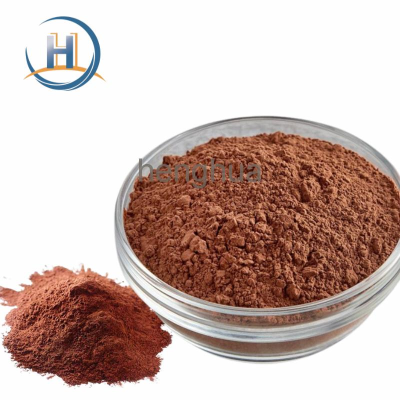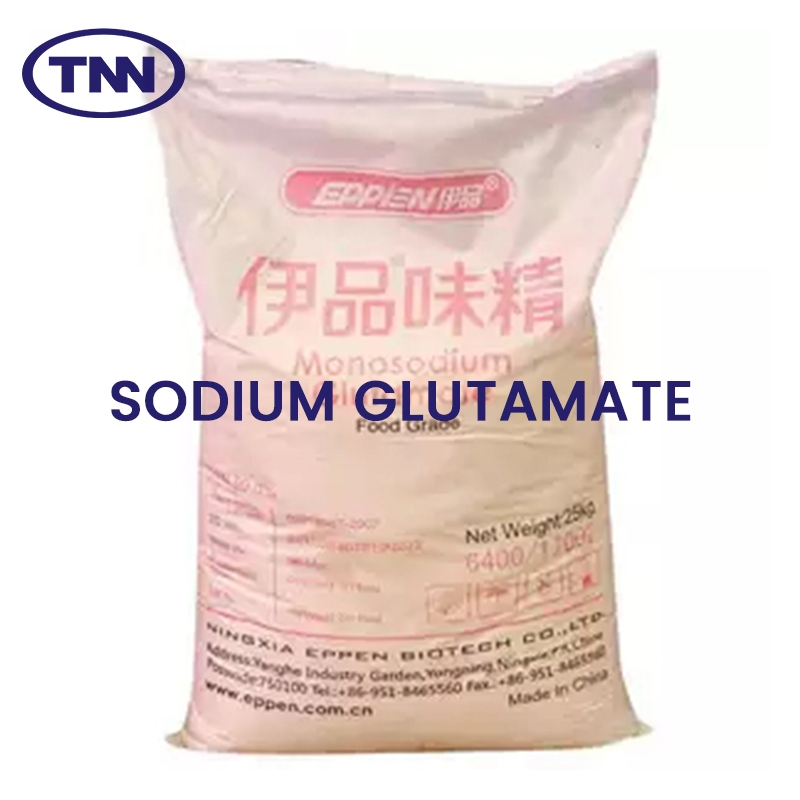-
Categories
-
Pharmaceutical Intermediates
-
Active Pharmaceutical Ingredients
-
Food Additives
- Industrial Coatings
- Agrochemicals
- Dyes and Pigments
- Surfactant
- Flavors and Fragrances
- Chemical Reagents
- Catalyst and Auxiliary
- Natural Products
- Inorganic Chemistry
-
Organic Chemistry
-
Biochemical Engineering
- Analytical Chemistry
-
Cosmetic Ingredient
- Water Treatment Chemical
-
Pharmaceutical Intermediates
Promotion
ECHEMI Mall
Wholesale
Weekly Price
Exhibition
News
-
Trade Service
Pepper (Capsicum annuum L.
) is an important economic crop of the nightshade family.
It is very popular in the food and chemical industries because it is rich in vitamins, capsanthin and capsaicin
.
At this stage, drought and low temperature stress are important environmental factors restricting the development of pepper industry
.
Therefore, exploring the molecular mechanism of its drought resistance and low temperature resistance has important theoretical and application value for the sustainable and stable development of pepper industry
.
) is an important economic crop of the nightshade family.
It is very popular in the food and chemical industries because it is rich in vitamins, capsanthin and capsaicin
.
At this stage, drought and low temperature stress are important environmental factors restricting the development of pepper industry
.
Therefore, exploring the molecular mechanism of its drought resistance and low temperature resistance has important theoretical and application value for the sustainable and stable development of pepper industry
.
Recently, Professor Gong Zhenhui's team published research papers on pepper resistance in "Horticulture Research", "Journal of Experimental Botany" and "Scientia Horticulturae".
Ma Xiao, a 2017 doctoral student, is the first author, and Professor Gong Zhenhui is the corresponding author.
This research was supported by the National Natural Science Foundation of China (No.
31772309, No.
31860556, No.
U1603102)
.
Ma Xiao, a 2017 doctoral student, is the first author, and Professor Gong Zhenhui is the corresponding author.
This research was supported by the National Natural Science Foundation of China (No.
31772309, No.
31860556, No.
U1603102)
.
This study explored the function of CaCIPK3 in regulating drought stress in pepper
.
Silencing CaCIPK3 in pepper plants increases plant sensitivity to drought
.
After transient overexpression of CaCIPK3 in pepper, the drought tolerance of pepper can be improved by enhancing the activity of its antioxidant system and positively regulating the expression of jasmonic acid-related genes
.
As an interacting protein of CaCIPK3, CaCBL2 also positively affected drought tolerance
.
In addition, CaWRKY1 and CaWRKY41 proteins affected their expression by directly binding to the CaCIPK3 promoter
.
This study revealed the important role of CaCIPK3 in the regulation mechanism of pepper drought, and laid a foundation for in-depth analysis of the molecular mechanism of pepper drought resistance
.
.
Silencing CaCIPK3 in pepper plants increases plant sensitivity to drought
.
After transient overexpression of CaCIPK3 in pepper, the drought tolerance of pepper can be improved by enhancing the activity of its antioxidant system and positively regulating the expression of jasmonic acid-related genes
.
As an interacting protein of CaCIPK3, CaCBL2 also positively affected drought tolerance
.
In addition, CaWRKY1 and CaWRKY41 proteins affected their expression by directly binding to the CaCIPK3 promoter
.
This study revealed the important role of CaCIPK3 in the regulation mechanism of pepper drought, and laid a foundation for in-depth analysis of the molecular mechanism of pepper drought resistance
.
Article link: https:// Pepper (Capsicum annuum L.
) is an important economic crop of the nightshade family.
It is very popular in the food and chemical industries because it is rich in vitamins, capsanthin and capsaicin
.
At this stage, drought and low temperature stress are important environmental factors restricting the development of pepper industry
.
Therefore, exploring the molecular mechanism of its drought resistance and low temperature resistance has important theoretical and application value for the sustainable and stable development of pepper industry
.
chili) is an important economic crop of the nightshade family.
It is very popular in the food and chemical industries because it is rich in vitamins, capsanthin and capsaicin
.
At this stage, drought and low temperature stress are important environmental factors restricting the development of pepper industry
.
Therefore, exploring the molecular mechanism of its drought resistance and low temperature resistance has important theoretical and application value for the sustainable and stable development of pepper industry
.
Recently, Professor Gong Zhenhui's team published research papers on pepper resistance in "Horticulture Research", "Journal of Experimental Botany" and "Scientia Horticulturae".
Ma Xiao, a 2017 doctoral student, is the first author, and Professor Gong Zhenhui is the corresponding author.
This research was supported by the National Natural Science Foundation of China (No.
31772309, No.
31860556, No.
U1603102)
.
Ma Xiao, a 2017 doctoral student, is the first author, and Professor Gong Zhenhui is the corresponding author.
This research was supported by the National Natural Science Foundation of China (No.
31772309, No.
31860556, No.
U1603102)
.
This study explored the function of CaCIPK3 in regulating drought stress in pepper
.
Silencing CaCIPK3 in pepper plants increases plant sensitivity to drought
.
After transient overexpression of CaCIPK3 in pepper, the drought tolerance of pepper can be improved by enhancing the activity of its antioxidant system and positively regulating the expression of jasmonic acid-related genes
.
As an interacting protein of CaCIPK3, CaCBL2 also positively affected drought tolerance
.
In addition, CaWRKY1 and CaWRKY41 proteins affected their expression by directly binding to the CaCIPK3 promoter
.
This study revealed the important role of CaCIPK3 in the regulation mechanism of pepper drought, and laid a foundation for in-depth analysis of the molecular mechanism of pepper drought resistance
.
.
Silencing CaCIPK3 in pepper plants increases plant sensitivity to drought
.
After transient overexpression of CaCIPK3 in pepper, the drought tolerance of pepper can be improved by enhancing the activity of its antioxidant system and positively regulating the expression of jasmonic acid-related genes
.
As an interacting protein of CaCIPK3, CaCBL2 also positively affected drought tolerance
.
In addition, CaWRKY1 and CaWRKY41 proteins affected their expression by directly binding to the CaCIPK3 promoter
.
This study revealed the important role of CaCIPK3 in the regulation mechanism of pepper drought, and laid a foundation for in-depth analysis of the molecular mechanism of pepper drought resistance
.
Article link: https://







